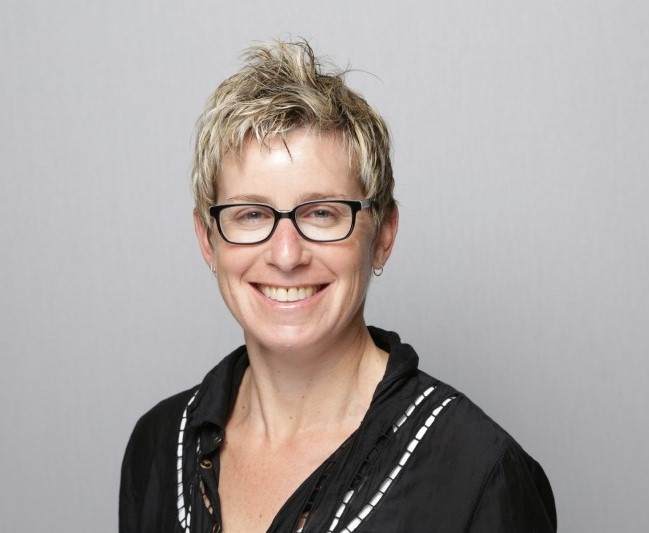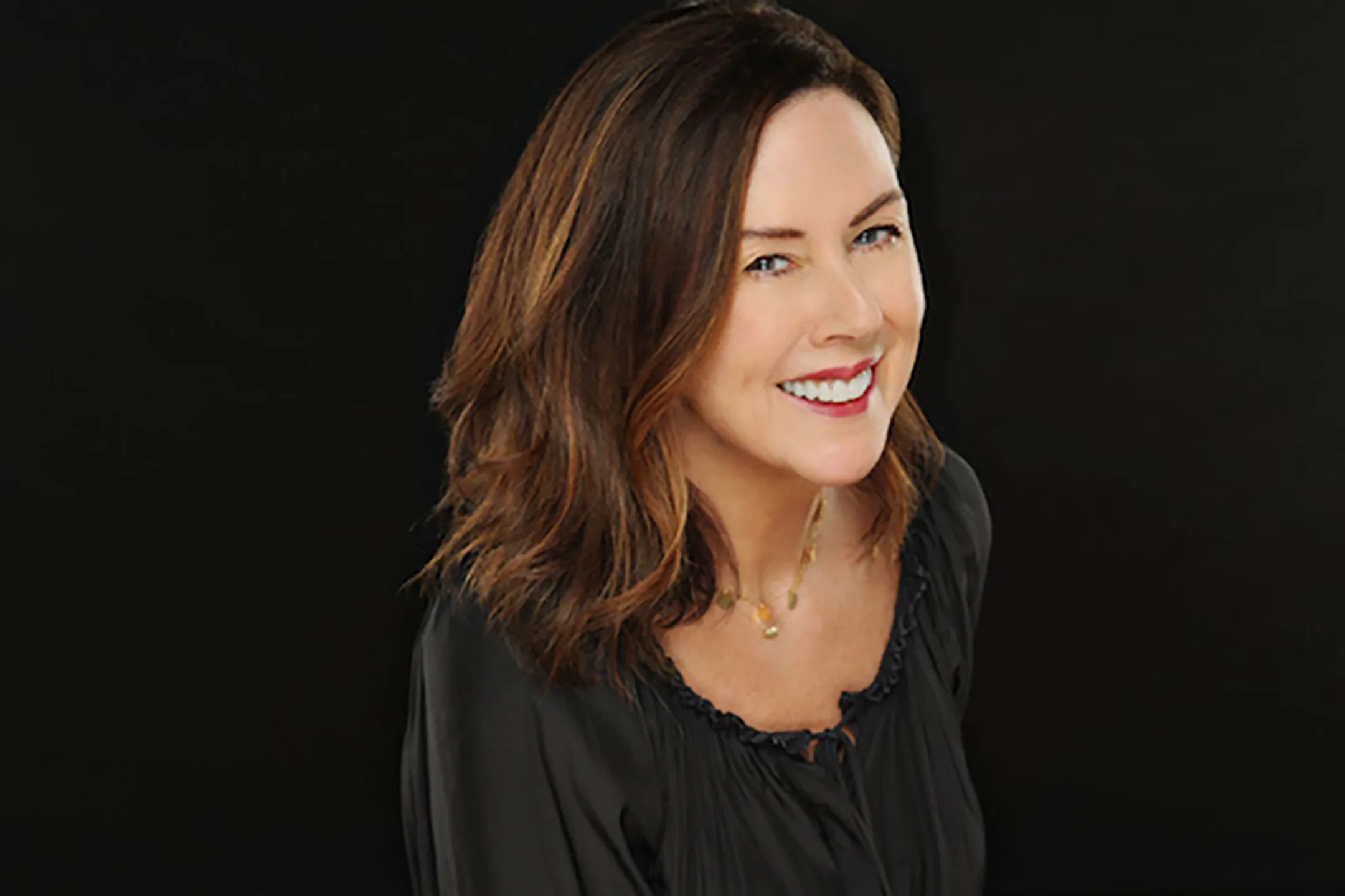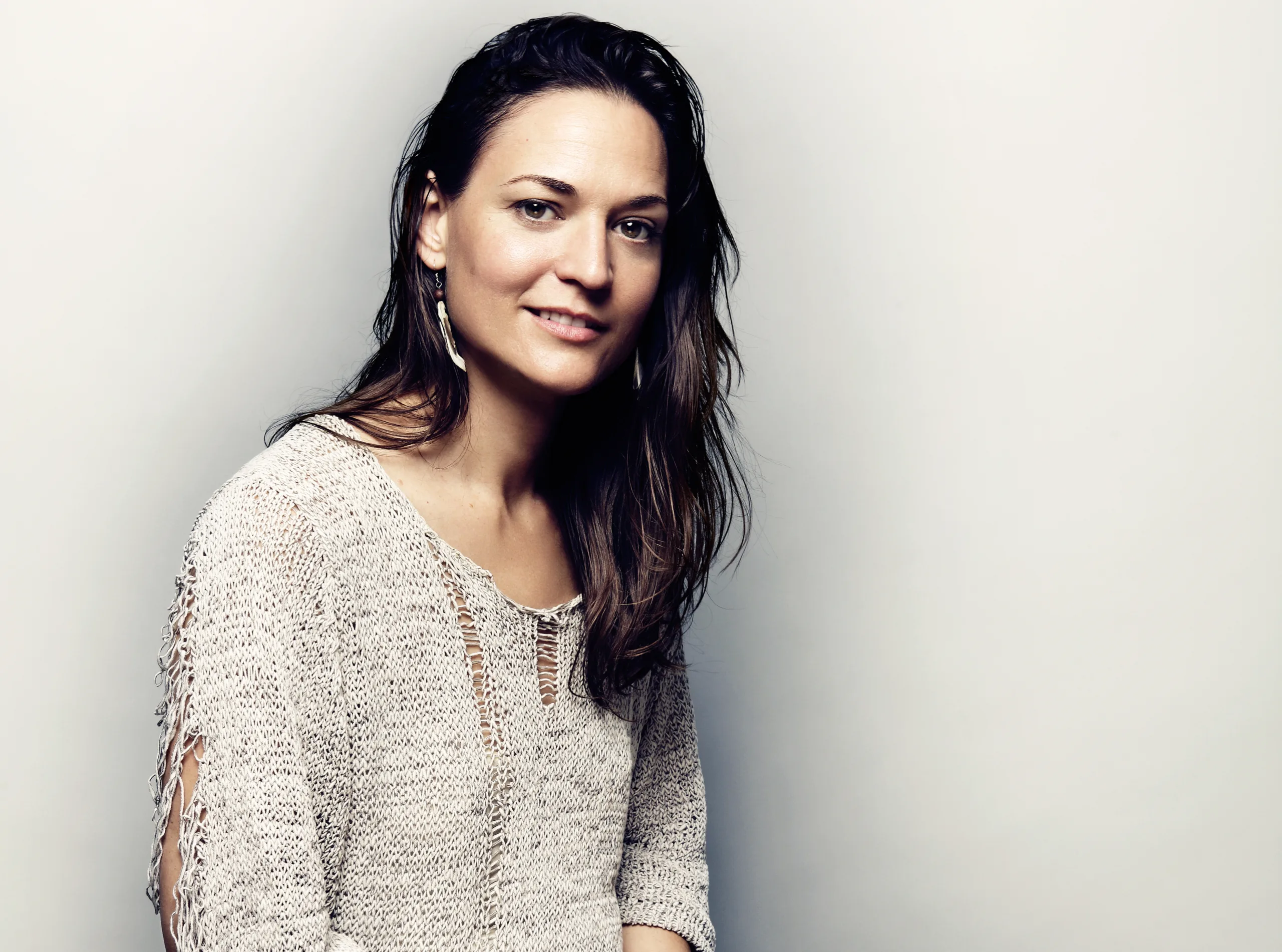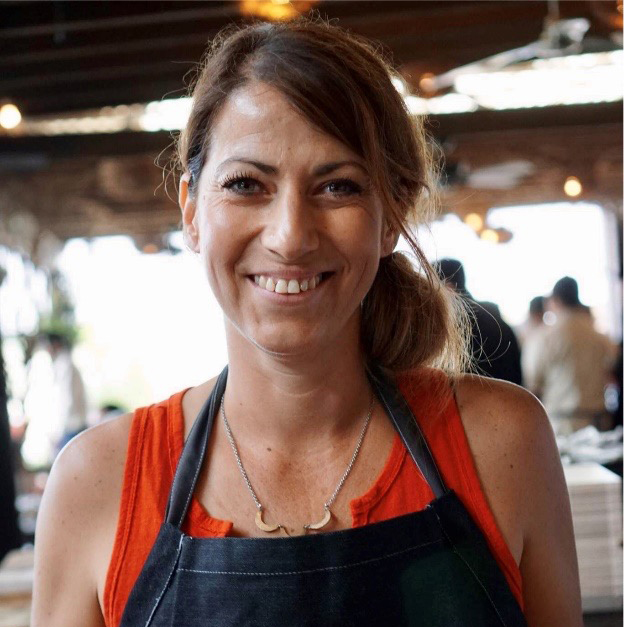Resiliency. Don’t Bounce Back, Bounce Forward.
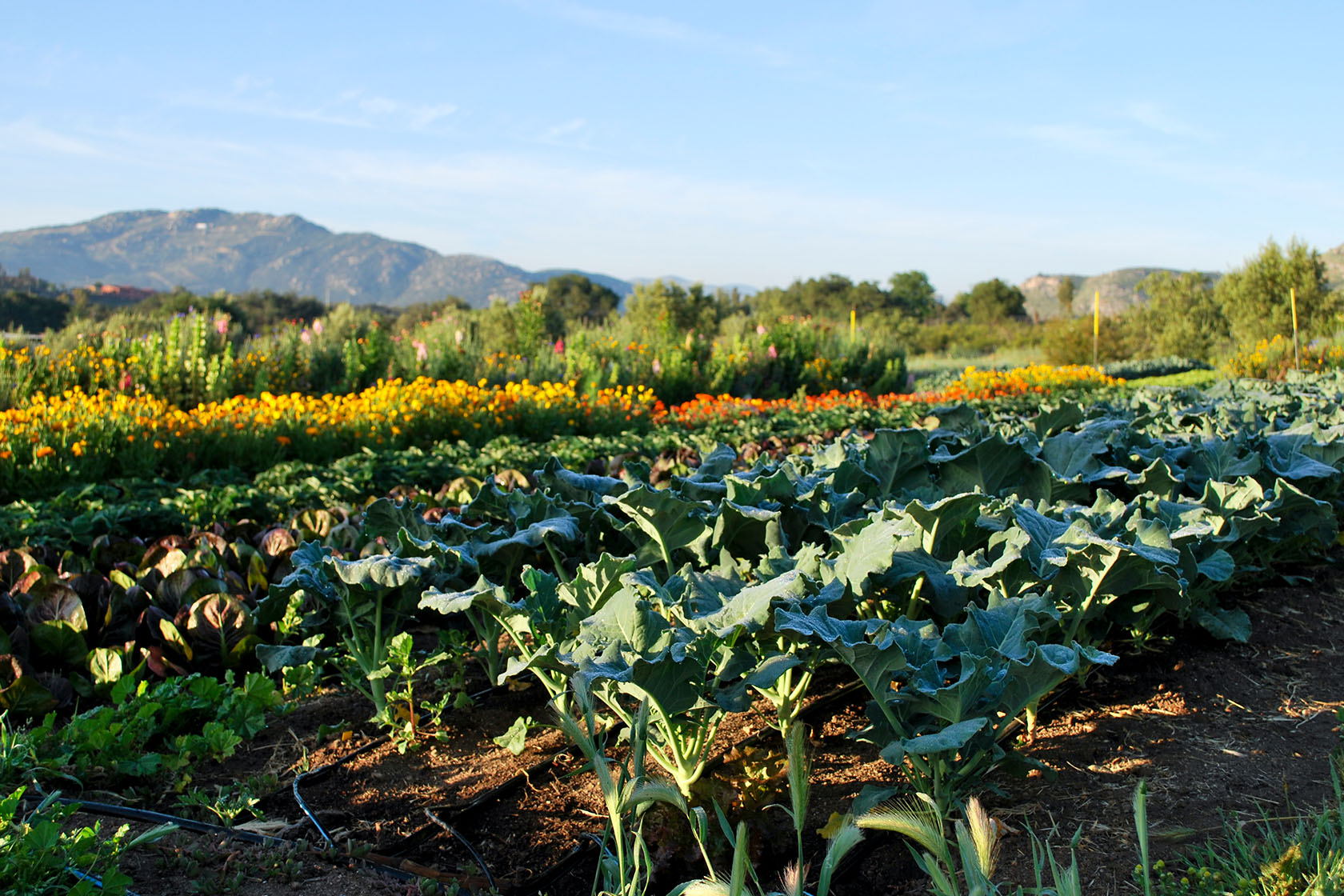
Gyll Turteltaub, Psy.D. is a clinical psychologist in Oakland, CA. She works with regional and medical center leaders to foster a culture of engagement and resiliency for all staff and physicians to enhance joy and meaning in work. She also maintains a private practice, providing psychotherapy for individuals and couples. Gyll’s specialty areas include compassion fatigue, burnout, improving mindful living and work/life balance, and treating anxiety and depression.
During the week of October 17, 2020, Gyll will partner with Executive Chef Reyna Venegas to offer three hands-on culinary classes. She will guide guests through mindfulness exercises in the garden and the kitchen; guests will then have an opportunity of cooking with the guidance of Chef Reyna and savoring a delicious meal with friends.
She recently spoke with Barry Shingle, Director of Guest Relations and Programming, and Deborah Szekely, Rancho LA Puerta’s Co-founder on Voices of The Ranch:
Deborah and I always start our little Zoom calls with a quote. Today’s quote is, “A good half of the art of living is resilience.”
Deborah:
That’s very important and ties in with our guest’s work. She writes a lot about resilience.
Gyll Turteltaub:
Let me just start by saying that to boost resilience, you have to have stress and deal with adversity. That is actually a way to enhance your resilience, which is your capacity to manage stress and challenge and change. To be able to manage stress with optimism, positivity, and a capacity to continue moving forward. Often, people who have a high-level baseline of resilience when they deal with trauma, tragedy, uncertainty, or any negative emotion are able to not just bounce back but to bounce forward. In this time of uncertainty, the capacity to manage adversity adaptively is to optimize and capitalize on enhancing your overall well-being, including resiliency.
Barry Shingle:
Don’t bounce back, bounce forward. I love that.
Gyll:
There’s a concept called post-traumatic growth. We’re all familiar with PTSD (post-traumatic stress disorder), which many people are absolutely experiencing during this time. The idea is that following adversity, you get to a place you would never have been had that thing not happened because of your perspective changes. You appreciate things in a way that potentially wouldn’t have, had that event not occurred.
Deborah:
I like putting “optimism” in front of “resilience.” Optimistic Resilience. You can direct the direction of your resilience. Which way are you going to go?
Gyll Turteltaub:
When you look at people who have a high level of resilience, positivity, and an optimistic perspective, optimism is a key characteristic. They tend to have higher emotional intelligence and resilience.
Barry Shingle:
What are some of the tools that you could give people going through what we’re going through to help boost their resilience?
Gyll Turteltaub:
Some of the basics most people are already aware of, but I’ll just highlight because they are more critical now than ever, are healthy sleep hygiene and exercise. By healthy sleep hygiene, I mean that you are limiting your exposure to negative or morbid news at least an hour before you go to bed. This is an opportunity. Many people have much more flexible work schedules to get into healthy habits around sleep. Undeniably, in terms of longevity and health, both physical and mental, the sleep component is up there.
Ensuring that we are engaging in exercise is another one. Now more than ever. Initially, with the shelter in place, people felt they couldn’t go to gyms or elsewhere, but online opportunities through Zoom and outdoors ensure opportunities to engage in exercise.
Then the other component that there have been lots of jokes about is the eating piece. People working at home are walking through the kitchen and grabbing a snack. Being able to ensure that you are nurturing your body through food as well and positively using that is essential. It’s something within our control, even though we feel like it’s not at times, especially after that ice cream or whatever else. Notice and say, “Wow, I get to choose what I feed my body.”
Those are all just the basics of sleep, exercise, and nutrition. Then more specifically, as per any stress management, there’s mindfulness. During this time, now more than ever, it’s essential to take those moments and pause, notice where you are, get that grounding, that sense of calm. Engage in mindful practice, whatever mindfulness means for you. It does not have to be sitting cross-legged in meditation. For me, mindfulness is riding my bike or being able to sit in the garden. Just pausing and noticing, feeling, being in tune with your body can help manage all the uncertainty around us.
The other thing is really focusing on the positive. Deborah, as you meant in optimism, we have a negativity bias. We can feel totally flooded by overwhelming uncertainty during this time or train our brains to scan for the positive. Many of us live in a place of fear; we’re living in the future or living in the past. Today what we know for anyone who is attending this call, you had the capacity to call in, which means you have some mental capacity, physical capacity, you are healthy in some way. Notice that. Our default attention network is mind wandering. We have to train our brains to be present in the moment and scan for the positive.
One of the ways to help do that is to journal or to write down gratitude. There’s irrefutable evidence about the benefits of writing down, for example, three things a day that you’re grateful for. It trains our brain to scan for the positive. The other thing that is essential to those who live the longest and the healthiest is social connection.
The whole social distancing piece is really about physical distancing, not social distancing. I encourage you to pay attention to the semantics around those words because you don’t have to be socially distant. You still have to be physically distant in many places, but looking for connections via Zoom, via email, sending jokes, connecting with positive people, and limiting your exposure to toxic people who tend to focus on the negative. Is there a way for you to help influence and shift them to notice the positive?
Deborah:
What you’re talking about is choice. It is a deliberate choice. You can choose to be visible. You can choose to be happy. You can choose this friend who makes you happy. You can choose. You can decide not to choose your friend who makes you unhappy because she has a litany of woes. What is so important in there, choice, you have the option of choosing the path you want to take.
Gyll Turteltaub:
Yes. That, and it’s all about having a growth mindset, right? It is a choice. For some people like Deborah, when they speak, people always say, “Well, how do you not worry?” [Deborah always responds,] “Well, I just don’t. I just stay where I am today.” That is a lot harder for some people than it is for others. Those who tend to go towards the negative or be fear-based thinking have to work harder, but it is a choice. When you can feel that it’s a choice, you can feel empowered to choose something that you know will feed you, your soul, positively. Yes, those are all things that are within your control. Another strategy around resiliency is to find meaning every day. Set your intentions and pause, in a way that creates purpose for every day.
See the full conversation here, or learn more the week of October 17.
